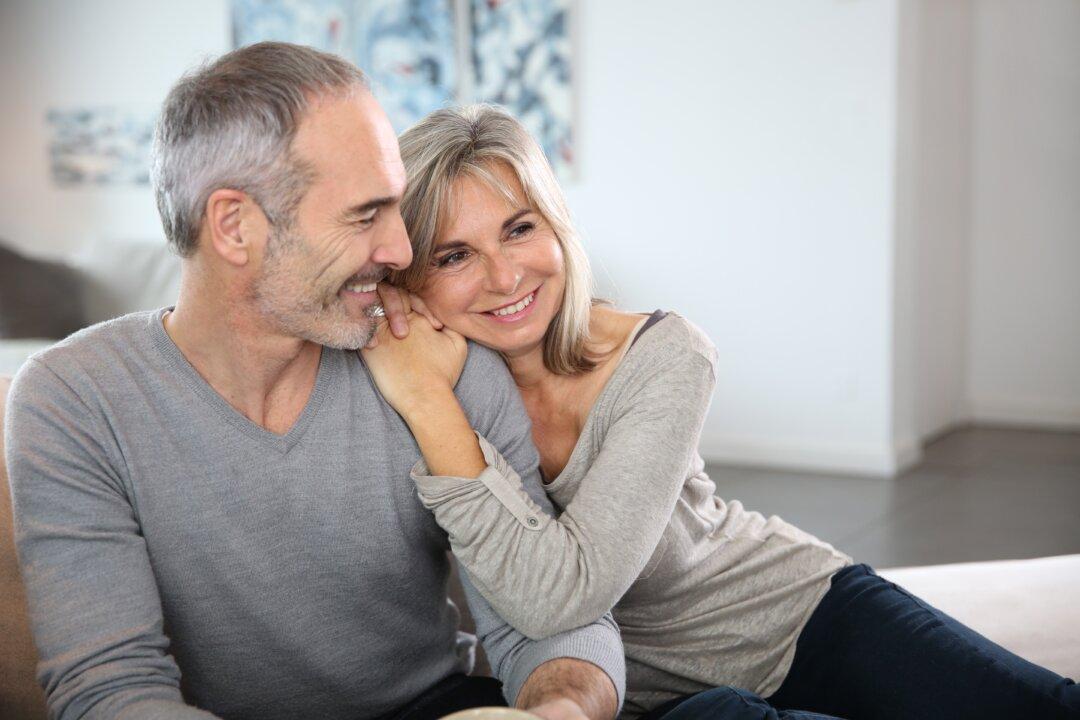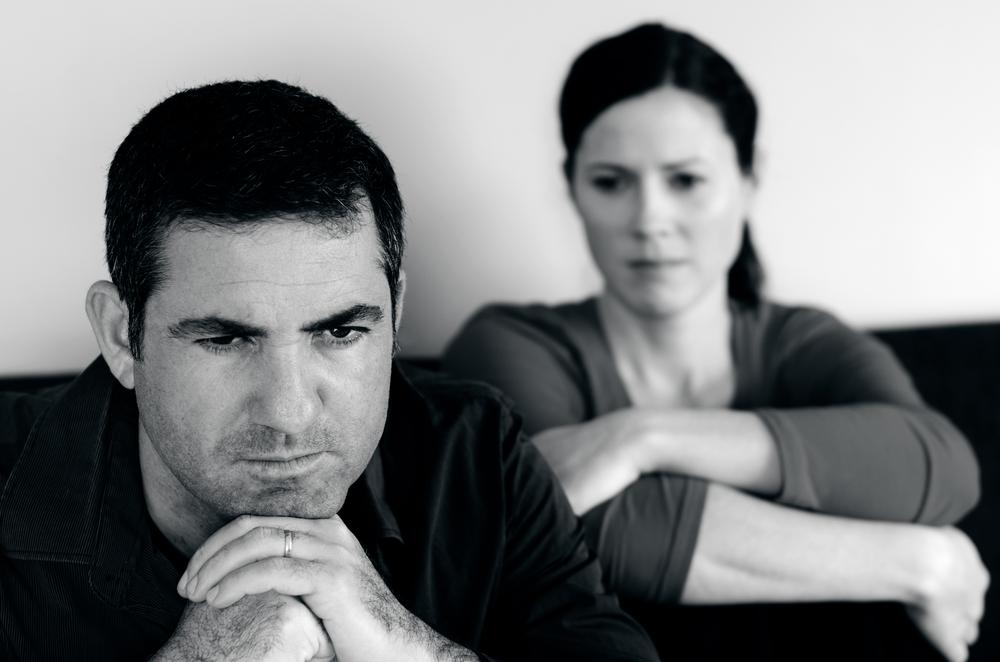Most of us have heard the term “freshman 15,” referring to the 15 pounds many college students put on in their first year away from home. But a similar phenomenon occurs for many adults over the wintertime. When we have to stay inside, we humans go through our own hibernation process, which often results in overeating and an uptick in clothing size or full-on surrender to sweatpants.
But it’s not just the winter months; COVID, too, led us to food as a way to manage the fear, anxiety, and uncertainty of the last couple of years. Food served as comfort, pleasure, distraction, as well as a solution to boredom. As a result, many people ended up with a lot of extra weight, which now has its own name: “the COVID 15.”






